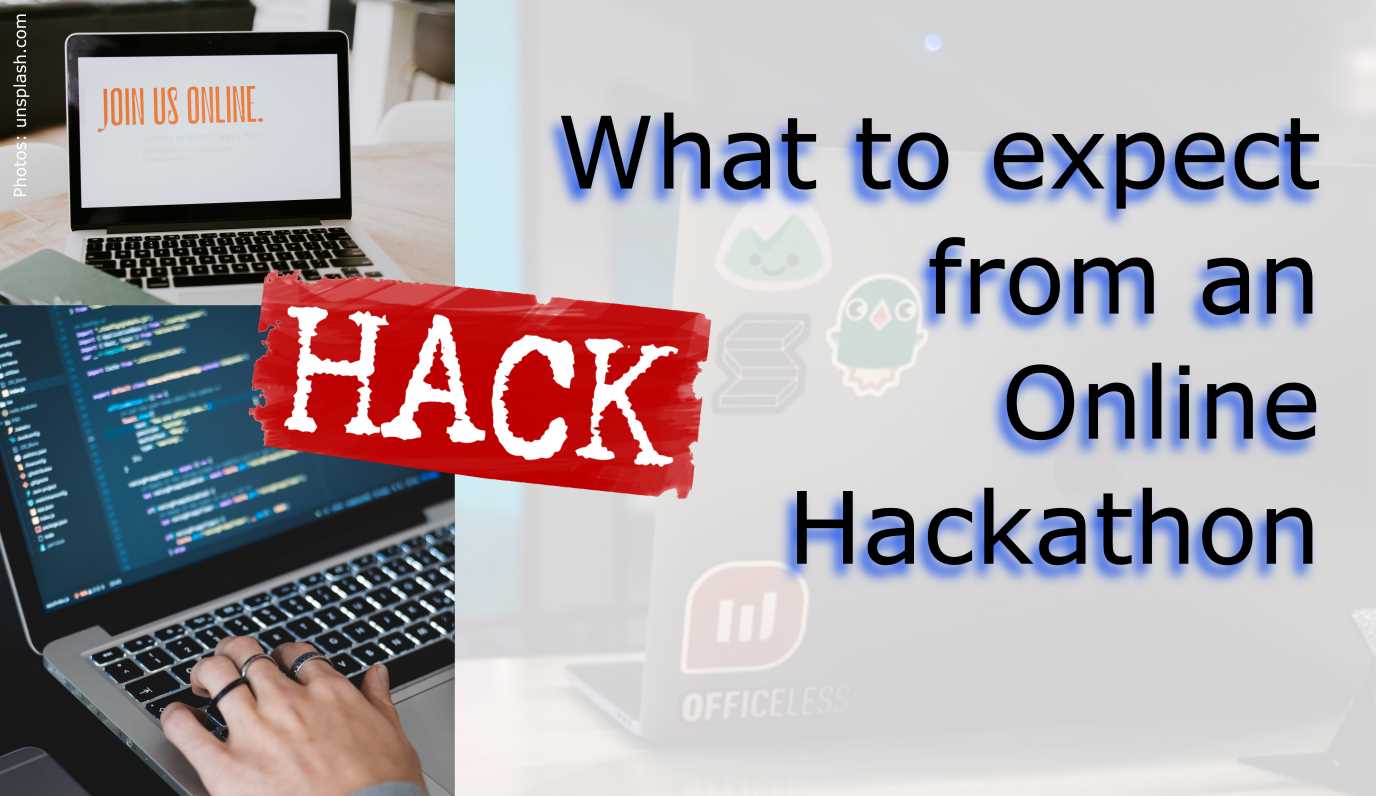What to expect from an Online Hackathon

What trade-offs will you have to make?
This year has brought many changes to the workplace, academia, and how we spend our spare time. Many events that would be held in person are now online. This has its perks but also challenges.
I decided to sign up for the 2020 TAMU Datathon at Texas A&M, since I had a great experience last year. And yes, I was accepted again, knowing that the participant pool was doubled since there were no more physical space constraints how many people could be crammed into a hall safely.
So far, so 2019 (read post here). Everything started very similary as the 2019 event: Apply online, sign up for the Slack channel, if possible find team mates in the days prior to the event, spend 24 hours working from Saturday Noon to Sunday Noon.
A few days in advance I found two other participants to form a team. The challenges were not announced until the actual start of the event, so it was difficult to recruit members for skills and I just had to go by who was interested to forge a small group. Three is ideal, I think.
The main divergence comes next: You don’t travel to the event location, but simply get all your information from the hackathon website, the Slack channel, video streams (ceremonies), and perhaps participate in some video calls (e.g., instructional courses by the organizers).
I want to recount the perks and challenges of this experience, and what I took away from it.
Pros
- Have your quiet working hours in the comfort of your home. Sleeping in your own bed instead of a sleeping bag has its perks.
- Use your big-screen workstation instead of a small laptop and become instantly more efficient at what you are doing.
- Reduce interruption and distraction by the hundreds of other hackers.
- Save money and time on travel. You could participate in many more online hackathons than in-person. However, if the hackathon is in town, these savings may be less significant.
- No waiting in line for registration. Otherwise this may take easily an hour.
- The obvious one: don’t get sick.
Cons
- No instant face-to-face interaction with your team members.
- Everyone is doing their own thing and it is cruicial to have regular check-ins and status report.
- Less likely to network with people outside of your team.
- Multi-user environments for data science, such as Google Colab notebooks, are not very mature. Overwrites happen, Colab is much more likely to lose track of work than Git.
- Potentially distracted by visitors, family, etc.
- You have to make your own food. No free dinner and drinks.
Results
Looking at the pros and cons, it may seem that the arguments are more or less balanced. But think again, if you had the choice between in-person and online, then why didn’t we have so many online hackathons until now?
Working remotely in a team can be a big challenge if no rules are established in advance. My impression was that the startup, i.e., search for data, collection, and assessment was the most collaborative part of our project and from then on quieted down. I really think it is important to report frequently what everyone is working on, and help each other out with problems to find solutions or ways to refactor. For example, it may be a good idea to have regular (1-2 hour) Slack voice calls with the team to share results, needs, and plans. In 2019, my team sat together and all worked in their Jupyter notebooks - constantly explaining what each one was doing. This year I wanted to try out Google Colab, since I thought this would improve colaboration and have everyone add to the same file where all progress was instantly visible. But this turned out to be a major pain point. I remember having had several unpleasant situations where cell contents were deleted during lagging syncronization and having to re-write large parts of notebooks. Establishing a Git repository may be the more reliable way to go until synchronization issues are eliminated from Colab.

My Verdict
I assume that hackathons will likely go back to in-person events as soon permissible again. But I also hope that they may become hybrid events, if the double organization of online streaming and local people is not too much to lift. It would allow for remote participants to hack away from the other end of the country and likely increase popularity and participation rates even further. Teams are required to adapt their communication frequency and style for this new mode of colaboration to get get equally good results as in-person.
What do you think? Did you participate in any hackathon and what are your experiences?